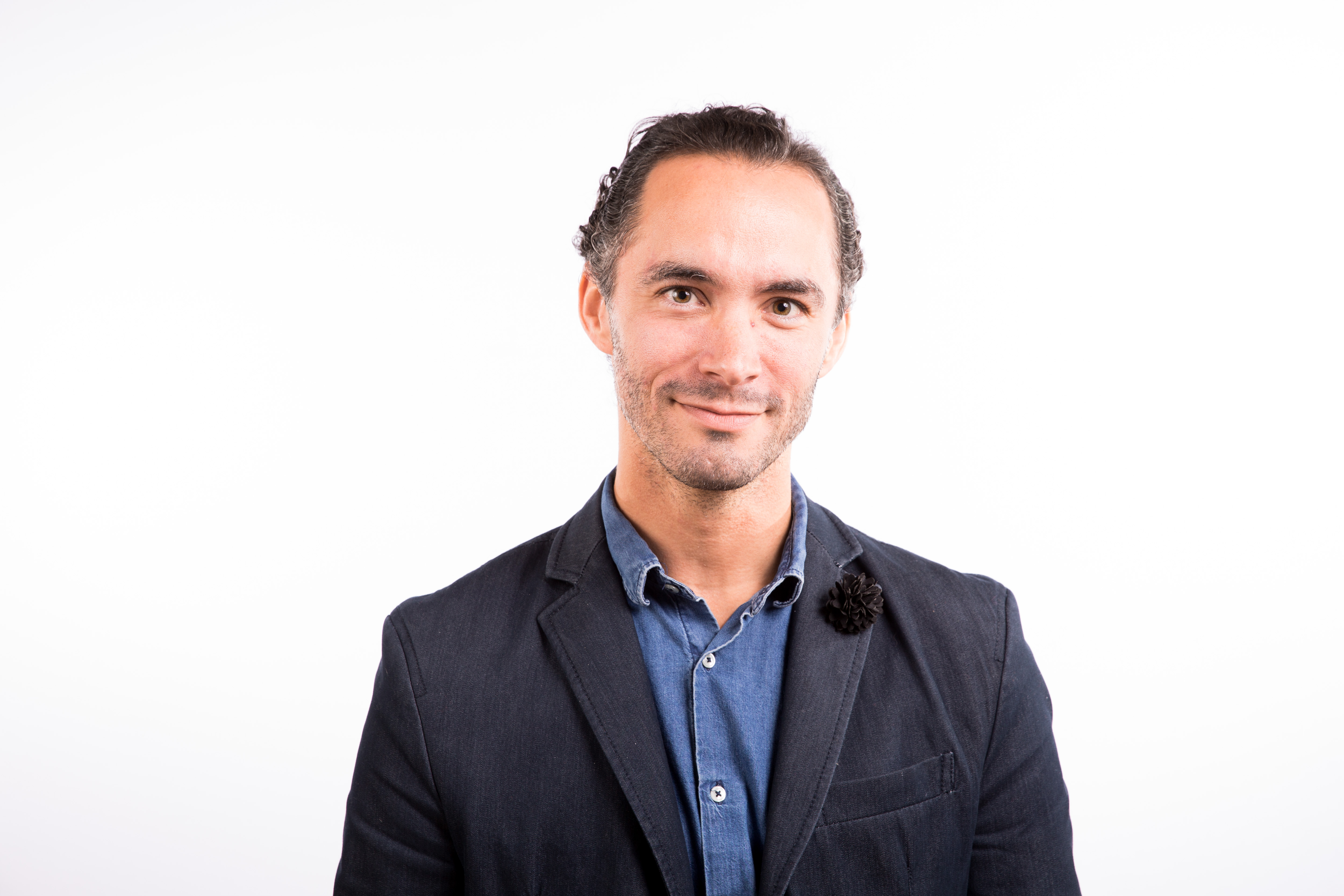“The fox knows many things, but the hedgehog knows one big thing.”
This is an Ancient Greek saying, but remains a favourite of modern-day business and brand strategists. In his book Good to Great, Jim Collins suggested that great companies tend to be hedgehogs: they understand what one thing they can be best at and then strive single-mindedly towards that goal. In comparison, companies that act like foxes chase multiple diffuse goals and tend to underperform as a result. Foxes rob themselves of greatness by allowing themselves to be distracted by the various activities they are merely good at.
At an analyst and investor meeting in June this year, Tesco unveiled the idea of “Finest” stores, which it suggests will generate an operating profit margin of 7 per cent – double its current level of profitability. This new premium-branded addition to the Tesco stable could form part of a multi-pronged strategy to cut costs and improve margins. Other initiatives discussed at the meeting included Clubcard subscription, micro-fulfilment centres for online shoppers and robot deliveries. Interestingly, there was little mention of Jack’s – the discount store format Tesco launched last September, with the aim of taking on the likes of Aldi and Lidl.
Is life stranger than fiction?
In animal terms, Tesco seems more like a fox than a hedgehog: cautiously sniffing out different opportunities – a little discounting here, a little premiumisation there. Lidl, in contrast, is very much a hedgehog. It is a committed discounter, and proudly so. It doesn’t dabble in online channels. It has announced no plans to premiumise any of its stores. It is what it is. According to most fables on the subject (and quite a few wildlife experts), foxes frequently attempt to eat hedgehogs, but with little success. All of the fox’s cunning plans to eat the hedgehog are thwarted by the hedgehog’s single, simple strategy of rolling into a prickly ball.
None of the fables I’ve read end up with the hedgehog eating the fox. In that respect, life will possibly turn out to be stranger than fiction.
According to data from Kantar Worldpanel, the combined market share of Aldi and Lidl has grown by nearly 80 per cent between the summers of 2013 and 2018. In the process, the discounters have permanently changed the dynamics of the UK grocery market – and nibbled away at Tesco’s dominance in the process. Conventional wisdom suggests that in a mature and competitive market like the UK, it shouldn’t be possible for a new entrant to deliver lower prices without some sort of compromise, unless it has the advantage of disruptive technology capable of fundamentally undermining existing business models. But it turns out that hedgehogs don’t need disruptive technology. Instead, Lidl aims to improve quality and price simultaneously by eliminating inefficiencies that other businesses either can’t see or refuse to contemplate. In Lidl’s case, this means cutting down on the vast amount of choice we have become accustomed to. According to Claire Farrant, Lidl’s UK Marketing Director, this requires a strong level of discipline:
“One of our key priorities is to always source high-quality products. We will never compromise on quality because of price so, if necessary, we’ll take a hit on our margins in order to provide the customer with the quality they rightfully expect and at the lowest price on the market. We invested a lot of time in establishing our business model, honing our logistics, and refining our offer for the British customer before we even started telling customers about our quality. I think that’s exactly the right thing to have done.”
What happens if you add complexity?
This focus on simplicity extends to the company’s working culture. The Wimbledon head office is minuscule compared to the size of the retail operation. It means the business is less hierarchical, more agile and better-equipped to respond rapidly to changing tastes. New ideas can be rolled out within days.
“The more complexity you put into a business, the more costly it becomes and the person that suffers is the customer. Keeping it simple is the magic of Lidl. We’ll often discard an idea straight away if it’s going to disturb our business model in any way, shape or form because it may risk a cost being transferred to the customer, which we would never do.”
The ultimate measure of the quality of Lidl’s approach is that customers keep coming back for more, and in ever greater numbers. Behind it all is an impressively hedgehog-like sense of discipline.
Nick Liddell, Director of Consulting, The Clearing, and co-author of Wild Thinking
















